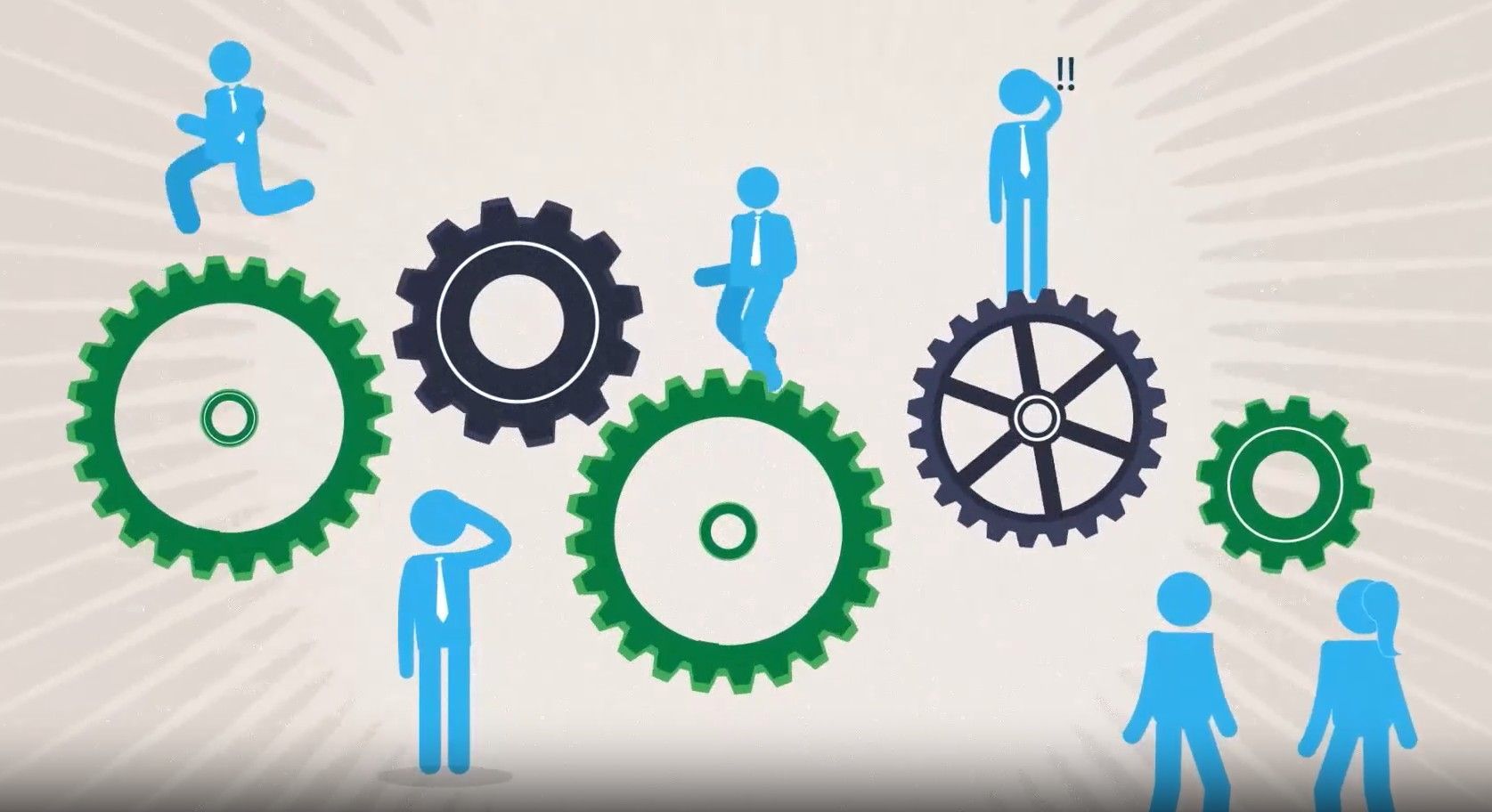Nuggets from Selling’s Front Lines
October 15, 2025
Whether you do your reading at the beach, in the backyard, or in the bathtub, check out these short but, we believe, telling few paragraphs drawn from our experiences and those of our clients.
Fly In, Build Up. Fly your sales team in to a specific city either in a new territory you want to expand or in an area you’re considering staking a claim on. Hold brief meetings first thing in the morning and then spend the rest of the day developing the territory-checking out industrial parks, meeting with local influencers or prospects you set appointments with ahead of time, and making cold calls. Debrief at end of day or over dinner.
Why do some companies find this tactic so productive?
First, you’re holding sales meetings while you’re developing the territory, which means you’re not only leveraging travel costs but also (we hope) generating revenue or at least laying the groundwork for generating revenue. Plus, these meetings can do double duty as special training opportunities. You can cover what you might normally cover in training sessions and make use of on-the-ground experiences your sales people have in the new territory.
Second, your sales people will also share information and insights not only about this new territory but also about what’s working-and not working-back home. Third, combined with other due diligence (market research, for example) your hands-on experiences can contribute significantly to a go or no-go decision on committing more resources to the territory. Does it really have the potential to support a full-time salesperson or an independent, commissioned representative?
Finally, and this advantage is more subtle and longer term, my experience as a sales executive has been that if some sales have already been built up it’s much easier to attract more experienced sales people.
Good Name, Poor Sales Process? Do you think large, “name” companies are successful because they have incredible sales processes? They certainly have the resources, and they are experiencing “success,” as evidenced by their big-time reputation.
But when we think of sales calls in which we’ve been prospects, some of the weakest have been made by household-name companies. Recently a representative from a large and recognizable financial services firm contacted me because he wanted to learn more about our services. The idea was that he could then offer additional value to his customers by alerting them to our work.
Unfortunately, he wasted about 45 minutes of our time and his time: During the entire interview he didn’t ask one question about the value we provide and, in fact, probably didn’t learn a single piece of useful information about us-a potential referral source and prospect. Instead, he talked non-stop about his firm. When he left, he dropped a “canned” sales piece on the conference table that contained little of specific interest to us. How in the world could such a weak sales process work? The only answer we can come up with is his company’s brand is so strong that it more than compensates for his lack of skills and process.
We are particularly sensitive to this specific problem because our mid-sized and smaller clients don’t have the luxury of a brand name to support them. In fact, they could not survive with such poor selling skills and such a weak sales process.
And, thanks to our training, our Fortune 500 clients are triple threats: strong name, strong skills, and a strong sales process.
Negotiating Skills vs. Selling Skills. The strong communication skills we teach in our popular consultative selling course, FOCIS®, we’ve found, can turn average negotiators into superior ones and average sales people into top producers. On a purely tactical level, the method we use serves negotiators and sellers equally well. The questioning process we teach not only unearths key pieces of information, but it also reveals the value the person on the other side of the table places on that information.
At the strategic level, however, the ways negotiators and sales people use those skills and to what end differ greatly. For example, in consultative selling, top producers discover and present multiple issues to build the business case for a sale. Although some issues are stronger than others, together they “build the case” for using the sales rep’s product or service. In bargaining, however, top negotiators discover and present only the strongest argument regarding a single issue. That approach prevents weaker arguments on the same issue from diminishing or diluting the case made by the strongest argument.
Finally, a significant take away seems to fly so far under the radar that we find that we must point it out whether we’re teaching selling or negotiating: A strong sales process reduces or even eliminates the need for the other party, whether prospect or adversary, to negotiate. And, if you do have to negotiate, a strong sales process creates a stronger bargaining position. Many of our clients report making major sales without negotiating a penny of price or one word in the terms.
If you’d like to talk about issues in sales, lead generation, or marketing you or your company are facing, please call us at 847-446-0008, even from the beach or the backyard.
The post Nuggets from Selling’s Front Lines appeared first on Productive Strategies, Inc..










